![]()
Big Data
Some buzz words are trendy and one of them is Big Data. Big Data is the biggest game-changing opportunity for marketing and sales since the Internet went mainstream almost 20 years ago.
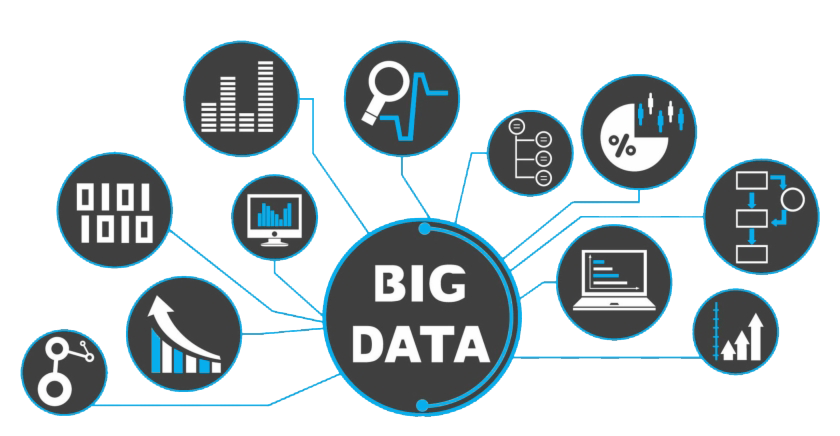
Big Data in your marketing strategy should play en essential role. It is key in our digital world to know everything about markets, audiences, potential buyers, competitors and behavior. Some people even say the data is the oil of today.
![]()
Type of Data
The information contained in big data repositories can be classified into six types.
- Structured data: This data type is well-defined and organized, as the name suggests. It has a clear structure that either a computer or a person might understand.
- Semi-structured data: Semi-structured data, as the term implies, combines structured and unstructured data. It is information that hasn’t been categorized into a particular database but still has crucial tags that distinguish different pieces within the same.
- Unstructured data: Unstructured data is data that has no recognized structure. Its size and heterogeneity are significantly more extensive than structured data.
- Geospatial data: Geospatial data is information on things, occasions, or other features located on or close to the earth’s surface.
- Machine or operational logging data: Machine data is information produced by a computer process or application activity without the involvement of a human being.
- Open-source data: Open-source databases house crucial data in software within the organization’s authority. Users of an open-source database can build a system to suit their own demands and professional requirements.
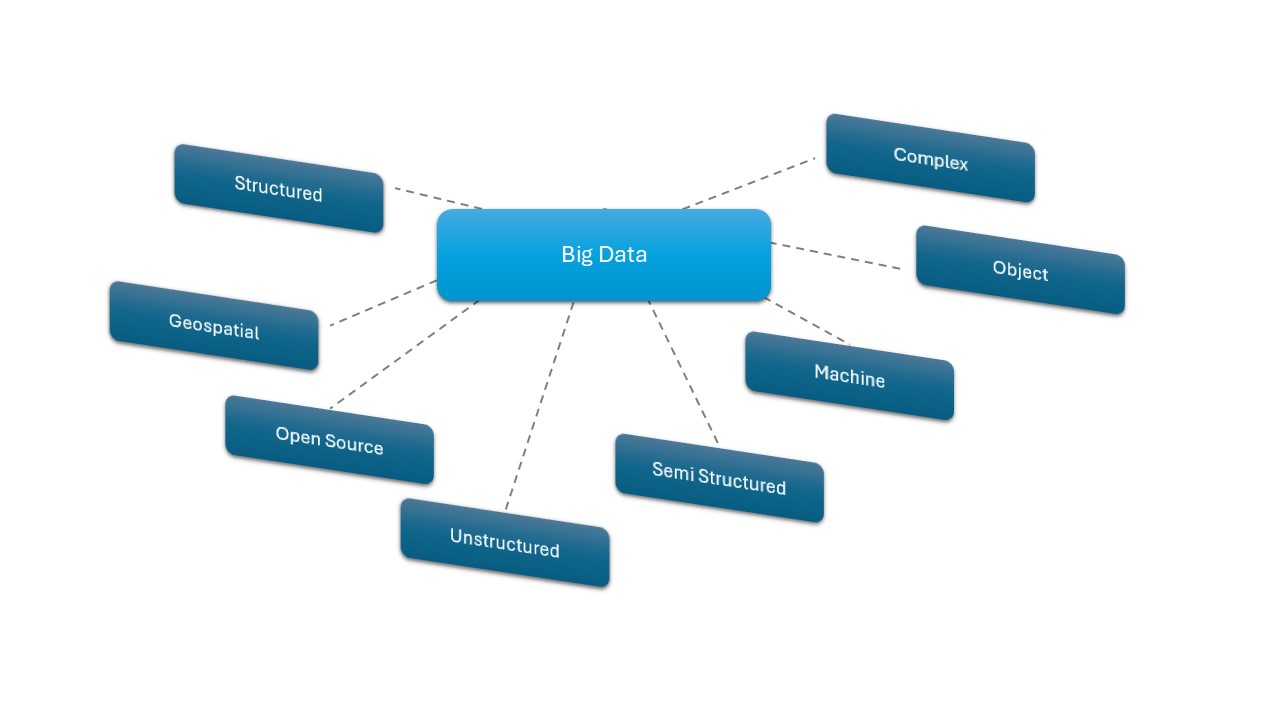
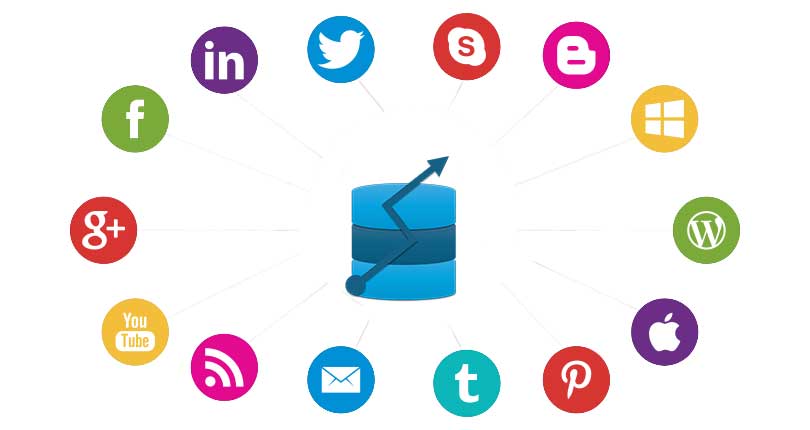
Big Data & Social Media
Seeing day by day the advertisement seeking for social media experts, not knowing that the digital channels need to be managed all together, we cannot see this trend. These experts are trendy, open-minded to go new ways, understand the social media community, and are not scared to adopt quickly, all indications that old-fashioned executives do not bring by nature.
Many marketing tools vendors recognized early the high need to succeed in the business to move away from traditional marketing channels to supporting digital channels. As a result, marketing tools are offering today the most comprehensive set of marketing solutions. Marketers finally have a complete, integrated solution for all their marketing efforts.
![]()
Revenue Securing
We’ll help you get ahead and stay ahead.
Marketing is changing so quickly, and it’s hard to be sure you’re making the most of every opportunity. Let Skillz Middle East show you the way.
Our solutions offer marketers amazing new possibilities, and with training, support, and expertise from Marketing Experts, we can help you maximize both impact and revenue.

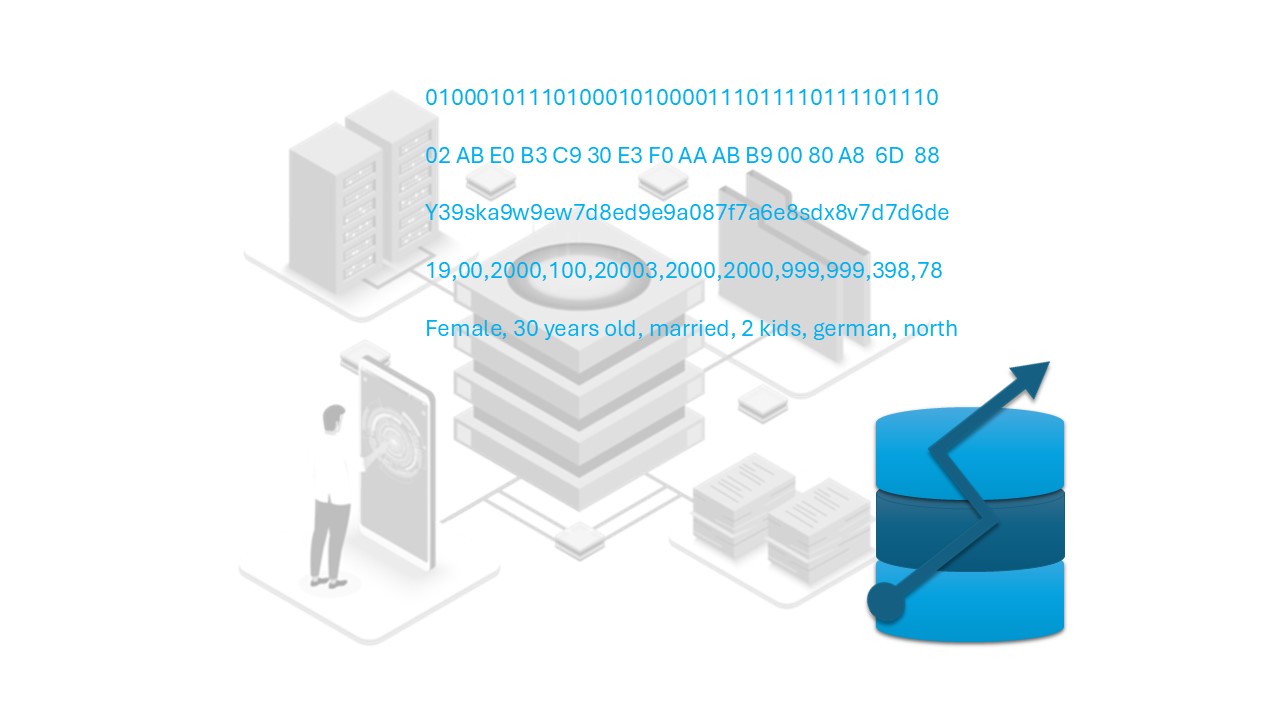
Big Data Insides
We bring the data together to give you the insights you need.
Marketers are becoming strategic leaders within their organizations, and now they have the tools to find and maximize every opportunity.
Marketing platforms pull all your data together – including email, point-of-sale, CRM, third-party data, and more.
With a single source of truth, you’ll have powerful new ways to monitor and adapt campaigns, accurately assign attribution, and make informed decisions based on powerful, predictive logic.
How Big Data can be used in a transformative way.
For the last few years, people have been talking a lot about big data with lots of digital companies jumping on the bandwagon as experts in this space.
Digital practitioners have had to add words like “No SQL”, “Hadoop”, “Map-reduce” and most (in)famously “The cloud” to their vocabulary.
All good stuff, however in the vast majority of cases there has been no real explanation of what it means for digital marketing.
People have been very poor at answering the “So what?” question and I would say that general understanding of the impact it can have is still very low.
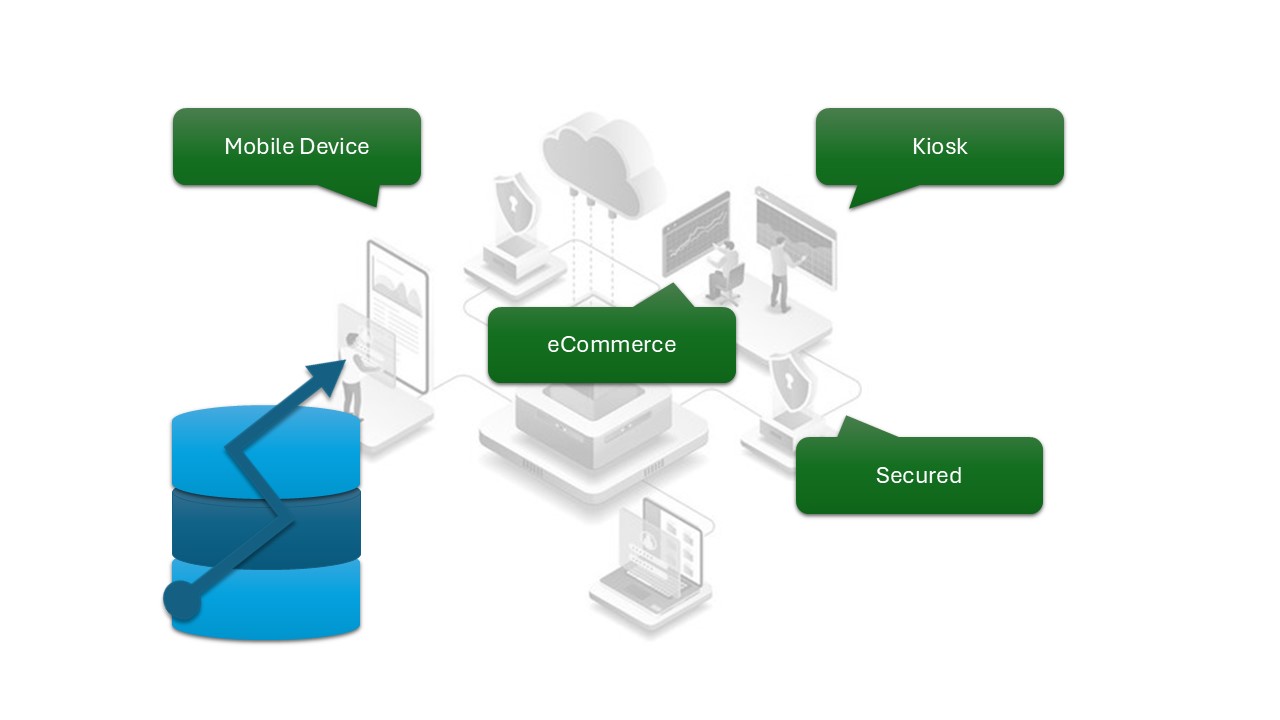
Big Data improve digital media ROI
Profiling Web users based on their Web histories based on big data is a nice approach. However, what can you read out of history?
Would it not be more efficient to understand what in real-time your user wants?
- Profiling online users in an effort to evolve digital marketing is only one step companies can take toward unlocking “big data’s” potential. Nevertheless, the application of online profiling is limitless.
It could be applied to direct marketing (e.g., an e-mail campaign focused on the most promising prospects).
- Looking further, another exciting challenge to come will involve the adaptation of a company’s online stores based on target Internet user profiles.
- In addition to profiling online users, “big data” can also be leveraged in a very pragmatic and operational way. There is no doubt it can reshuffle the cards of search, affiliate marketing, and Internet-based direct marketing.
![]()
Why big data matters to marketing
Collecting big data doesn’t automatically lead to better marketing, but it is a good starting point. Think of big data as your secret ingredient, your raw material, your essential element and the only thing you are looking for is the recipe.
It’s not the data itself that’s so important. Rather, it’s the insights derived from big data, the decisions you make and the actions you take that make all the difference.
By combining big data with an integrated marketing management strategy, marketing organizations can make a substantial impact in these key areas:
- Customer engagement: Big data can deliver insight into not just who your customers are, but where they are, what they want, how they want to be contacted and when.
- Customer retention and loyalty: Big data can help you discover what influences customer loyalty and what keeps them coming back again and again.
- Marketing optimization/performance: With big data, you can determine the optimal marketing spend across multiple channels, as well as continuously optimize marketing programs through testing, measurement and analysis.
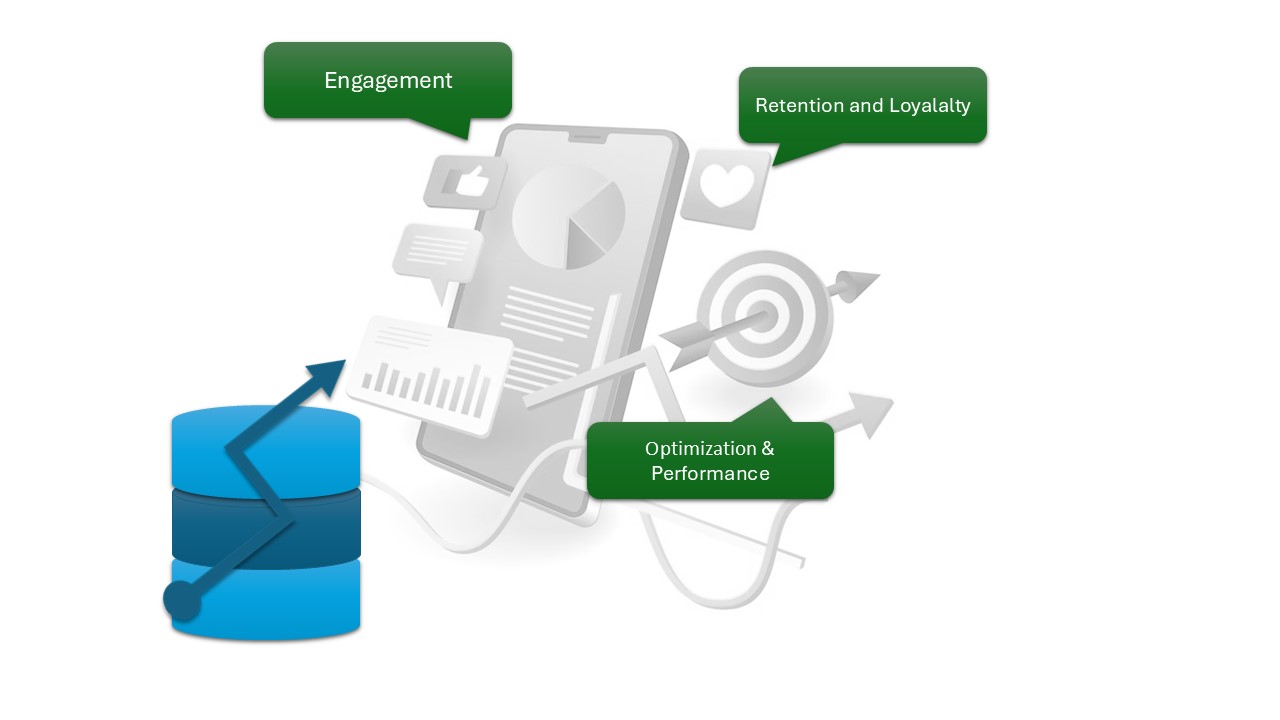
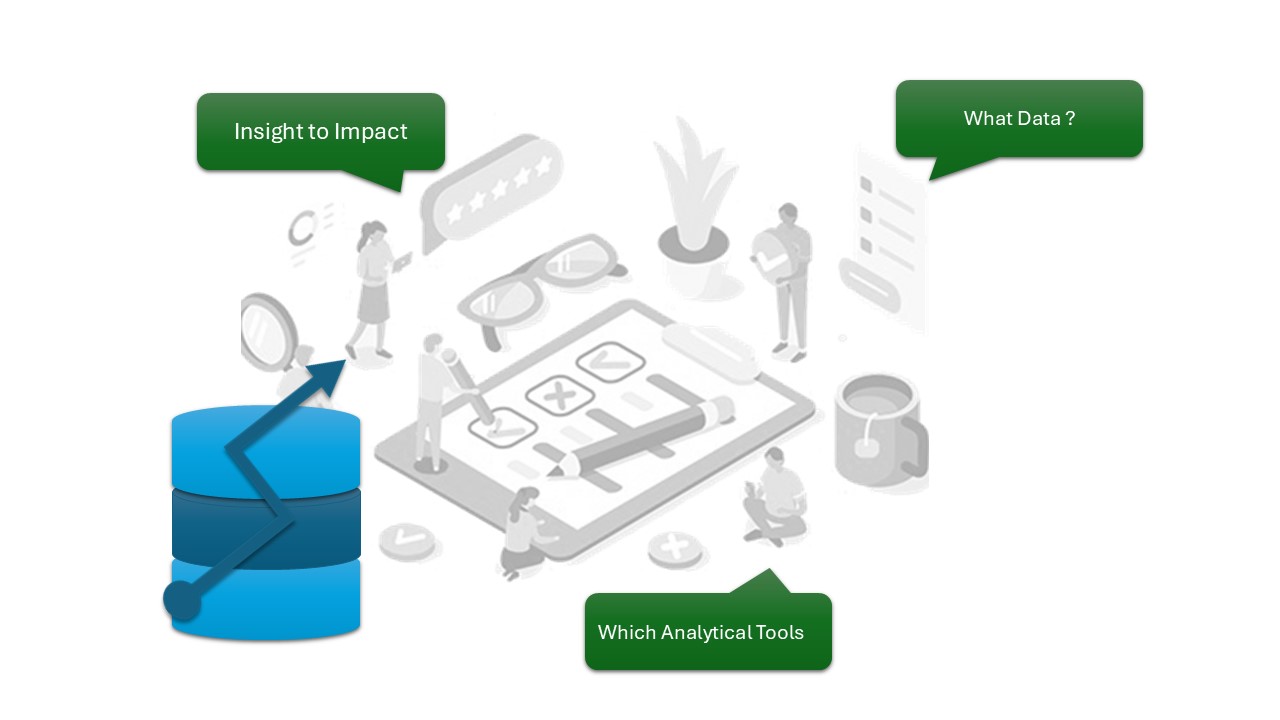
Big Data Challenges
The challenges related to the effective use of big data can be especially daunting for marketing. That’s because most analytic systems are not aligned to the marketing organization’s data, processes, and decisions. For marketing, three of the biggest challenges are:
- Knowing what data to gather: Data, data everywhere. You have enormous volumes of customer, operational and financial data to contend with. But more is not necessarily better – it has to be the right data.
- Knowing which analytical tools to use: As the volume of big data grows, the time available for making decisions and acting on them is shrinking. Analytical tools can help you aggregate and analyze data, as well as allocate relevant insights and decisions appropriately throughout the organization – but which ones?
- Knowing how to go from data to insight to impact: Once you have the data, how do you turn it into insight? And how do you use that insight to make a positive impact on your marketing programs?
Get insights from big data to those who can use it
There’s no debating it – CMOs need the meaningful insights that big data can provide; but so do front-line store managers, and call center phone staff, and sales associates, and so on and so on. What good is insight if it stays within the confines of the board room? Get it into the hands of those who can act on it.
Request a Callback from our Team
![]()
